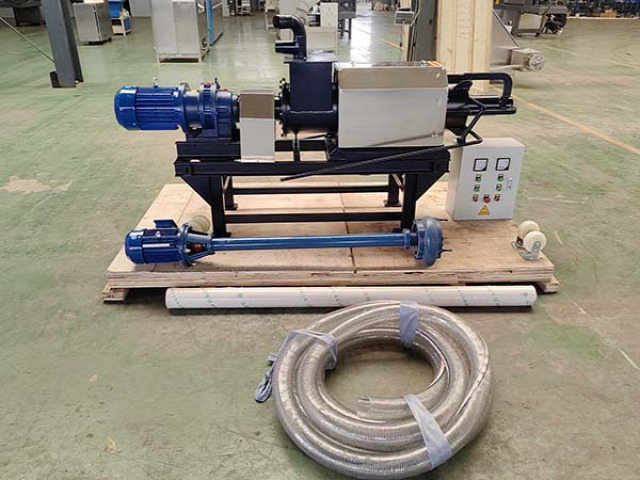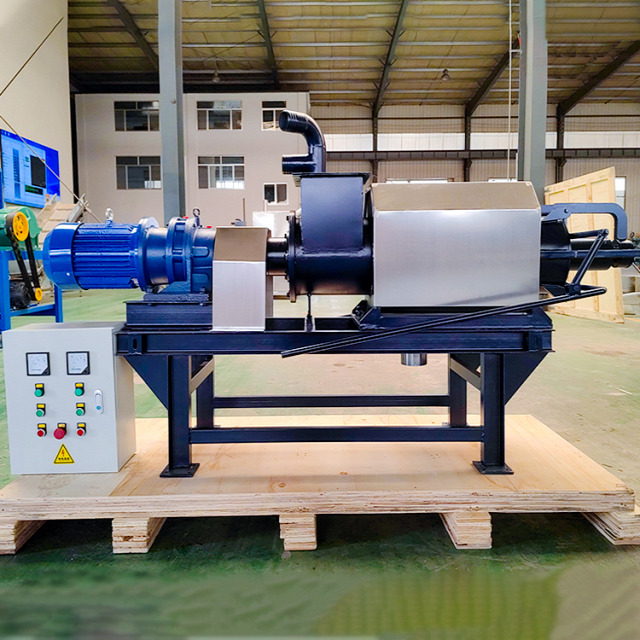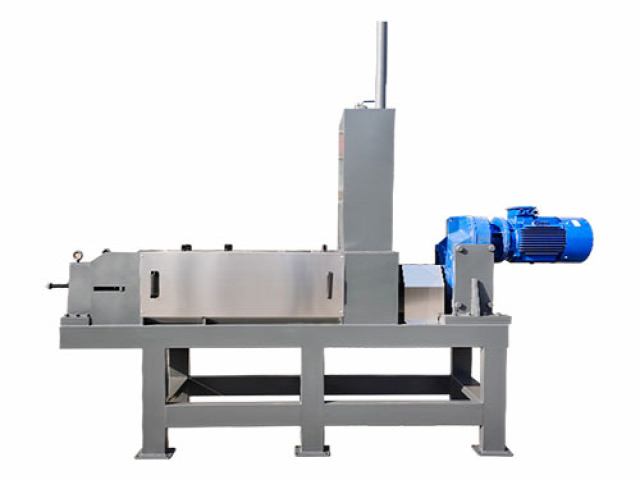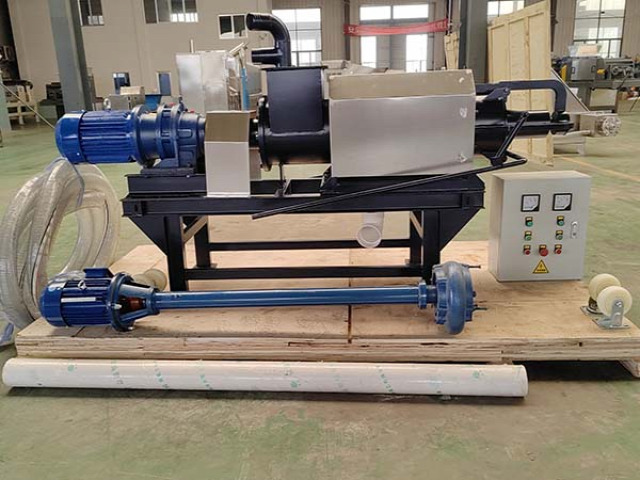When it comes to efficient and sustainable farming, proper manure management is essential. Manure separator machines have become indispensable tools for modern farmers, offering an effective way to separate valuable solids from liquid manure. Tianzhong Machinery, a trusted name in agricultural equipment, offers two types of manure separators: the screw press manure separator and the sloped screen manure separator. In this post, we'll explore the features and benefits of these machines to help you make an informed decision when searching for a manure separator for sale.
1. Screw Press Manure Separator
The screw press separator is a robust and efficient machine designed to handle the separation of liquid manure into solids and liquids. Here are some key features and advantages:
a. **High Separation Efficiency:** The screw press design uses a rotating screw to gradually press and separate the liquid from the solids. This method ensures a high separation efficiency, leaving you with valuable solid manure that can be used for bedding or fertilizer.
b. **Continuous Operation:** The machine's continuous operation ensures a consistent output of separated manure, making it suitable for large-scale farming operations.
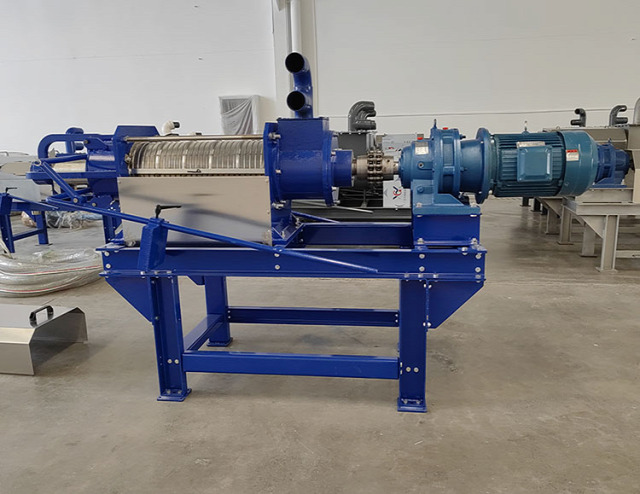
c. **Reduced Odor:** Separating solids from liquid manure significantly reduces odor emissions, creating a more pleasant working environment.
d. **Durable and Low Maintenance:** Tianzhong Machinery designs its equipment with durability in mind. The screw press manure separator is built to withstand the rigors of daily use and requires minimal maintenance.
e. **Customization Options:** These machines can be tailored to fit the specific needs of your farm, accommodating various flow rates and handling different types of manure.
2. Sloped Screen Manure Separator
The sloped screen manure separator, on the other hand, offers a different approach to manure separation. Here are its key features and benefits:
a. **Simple and Effective Design:** The sloped screen design relies on gravity and the inclination of the screen to separate liquid from solids. This simplicity makes it easy to operate and maintain.
b. **Energy-Efficient:** The sloped screen manure separator doesn't require as much energy as some other separator types, resulting in reduced operating costs.
c. **Space-Saving:** This machine typically has a smaller footprint than the screw press manure separator, making it suitable for farms with limited space.
d. **Versatility:** It can handle a wide range of manure consistencies and is particularly effective with liquid manure that contains larger solids.
e. **Low Operating Noise:** The operation of the sloped screen manure separator is generally quieter, contributing to a more peaceful farm environment.
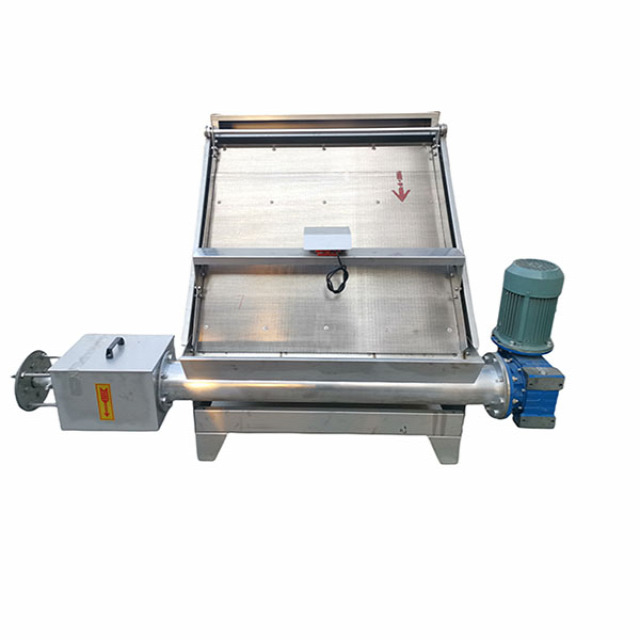
Choosing the Right Manure Separator
When looking for a manure separator for sale, consider the specific needs of your farm. The choice between the screw press manure separator and sloped screen models should be based on factors like the type of manure, the required separation efficiency, available space, and your budget. Some farms may even benefit from having both types of separators for different applications.
Conclusion
Manure separators have revolutionized manure management in agriculture, offering a more sustainable and environmentally friendly approach. Tianzhong Machinery's screw press manure separator and sloped screen manure separators are excellent choices, each with its unique advantages. As you search for a manure separator for sale, carefully evaluate your farm's requirements to make the right choice. Regardless of your decision, both of these machines can significantly improve your farm's operations, reduce environmental impact, and enhance the overall efficiency of your manure management system.


